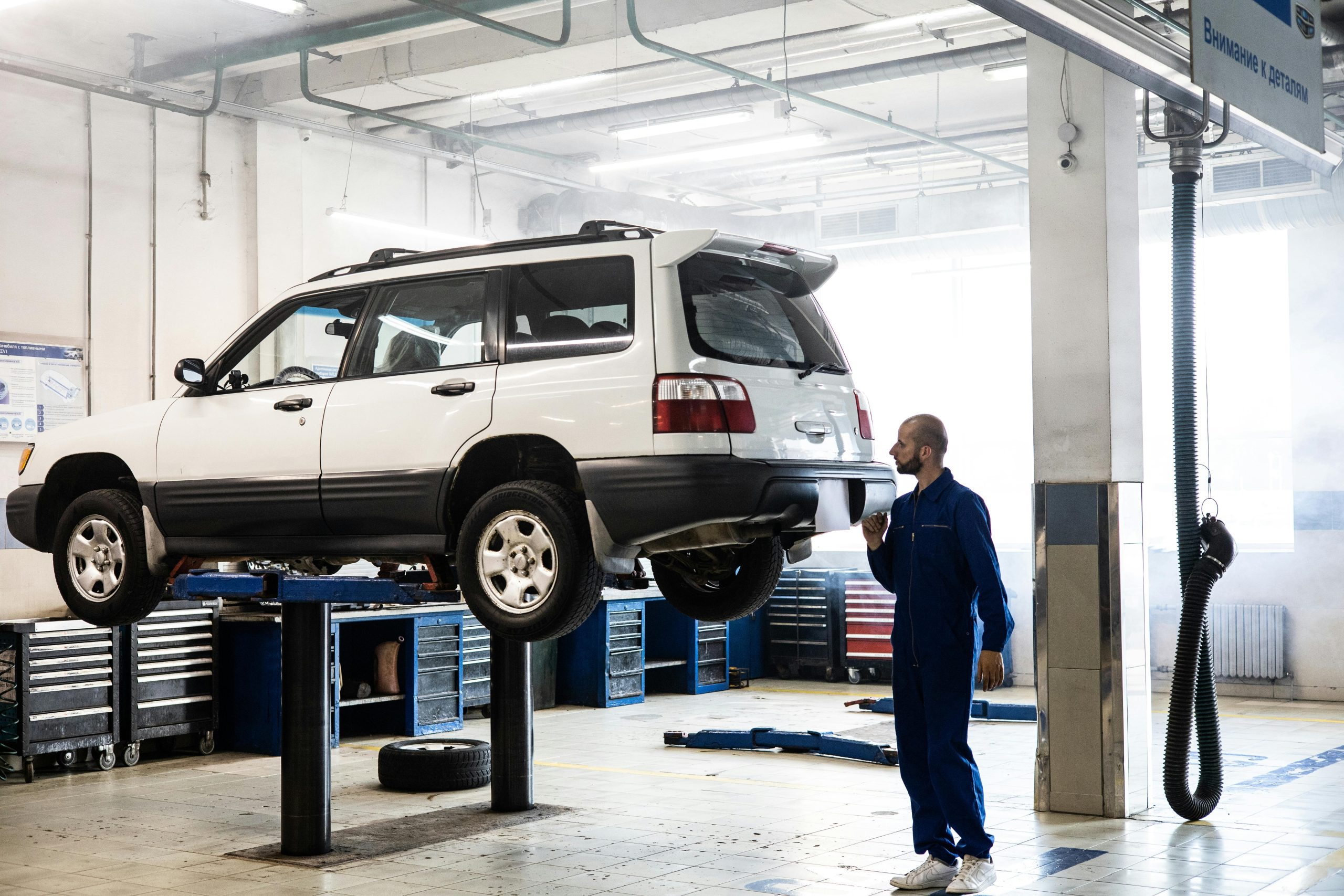Preparing Your Car for Extreme Weather: Maintenance Tips
Are you prepared for extreme weather conditions? While most of us might stock up on food, water, and other emergency supplies, we often overlook one important aspect – our cars. Extreme weather can take a toll on our vehicles, and it’s important to take proper maintenance precautions to ensure they are in top shape. In this article, we’ll discuss some essential tips to prepare your car for extreme weather. From scorching heat and thunderstorms to freezing temperatures and heavy snow, we’ve got you covered. So, let’s dive in!
Inspect and Maintain Your Tires
Your tires are the only point of contact between your car and the road. Therefore, it’s crucial to have them in good condition for extreme weather conditions. Check the tire pressure regularly, especially before long trips. Hot weather can cause tires to over-inflate, while cold weather can cause them to deflate. Refer to your car’s manual for the recommended tire pressure. Also, check for any signs of wear and tear, such as uneven tread wear, cracks, or bulges. If you notice any of these, it’s time to replace your tires.
Switch to Appropriate Tires
Depending on the type of extreme weather you’ll be facing, it might be necessary to switch to specialized tires. For hot weather, consider switching to summer tires, which have a unique tread pattern and rubber compound to improve performance on dry and wet roads. For cold weather, consider switching to winter tires, which have better traction and grip on snow and ice. All-season tires can also be a good option, but they are not as effective as specialized tires for extreme weather.
Check and Replace Your Car’s Fluids
Your car’s fluids are essential for its smooth operation, and they can be affected by extreme weather. Before the onset of hot weather, make sure to check your car’s coolant levels and top it up if necessary. This will prevent your car from overheating. In cold weather, check your car’s antifreeze levels to prevent the engine from freezing. Additionally, check the levels of other fluids, such as oil, brake fluid, and windshield wiper fluid, and top them up if needed.
Use the Right Grade of Oil
The grade of oil required by your car can vary depending on the temperature. During hot weather, it’s recommended to use a higher viscosity oil, such as 10W-30, as it provides better protection against engine wear and tear from the extreme heat. In cold weather, it’s better to use a lower viscosity oil, such as 5W-30, as it flows more easily in freezing temperatures, ensuring proper lubrication of the engine.
Check Your Battery
In extreme weather conditions, such as intense heat or extreme cold, your car’s battery can be at risk of failing. Therefore, it’s crucial to check your battery’s health regularly. You can do this yourself with a voltmeter or get it checked by a professional. If your battery is weak or shows signs of wear, it’s time to replace it. Also, make sure the battery terminals are free of corrosion and securely connected.
Carry Essential Emergency Tools
Extreme weather can sometimes lead to unexpected situations, such as a breakdown or getting stuck in snow. It’s always a good idea to carry essential emergency tools in your car, especially during extreme weather. These can include a spare tire, jumper cables, a flashlight, a first aid kit, and a warm blanket. It’s also a good idea to keep some non-perishable food and water in case you get stranded for an extended period.
Park Your Car in a Safe Place
During extreme weather, it’s important to park your car in a safe place to minimize damage. For example, during hot weather, try to park your car in a shaded area or a garage to prevent it from getting too hot. During heavy snow or hail, try to find a covered parking spot to protect your car from getting damaged. Also, avoid parking under trees during thunderstorms to reduce the risk of falling branches.
Be Prepared for Emergency Situations
Despite all the precautions, sometimes extreme weather can lead to emergency situations, such as getting stranded on a snow-covered road or running out of gas in the middle of a storm. It’s important to stay calm and prepared in such scenarios. Have a plan in place, such as keeping a fully charged phone and an emergency kit with supplies in your car. Also, stay updated with weather alerts and have alternative routes planned for your trips.
By following these maintenance tips, you can prepare your car for extreme weather conditions and ensure your safety and that of your passengers. Remember, your vehicle is your reliable companion during your travels, and it deserves proper care and maintenance. So, make sure to stay ahead of the game and keep your car in excellent condition!








